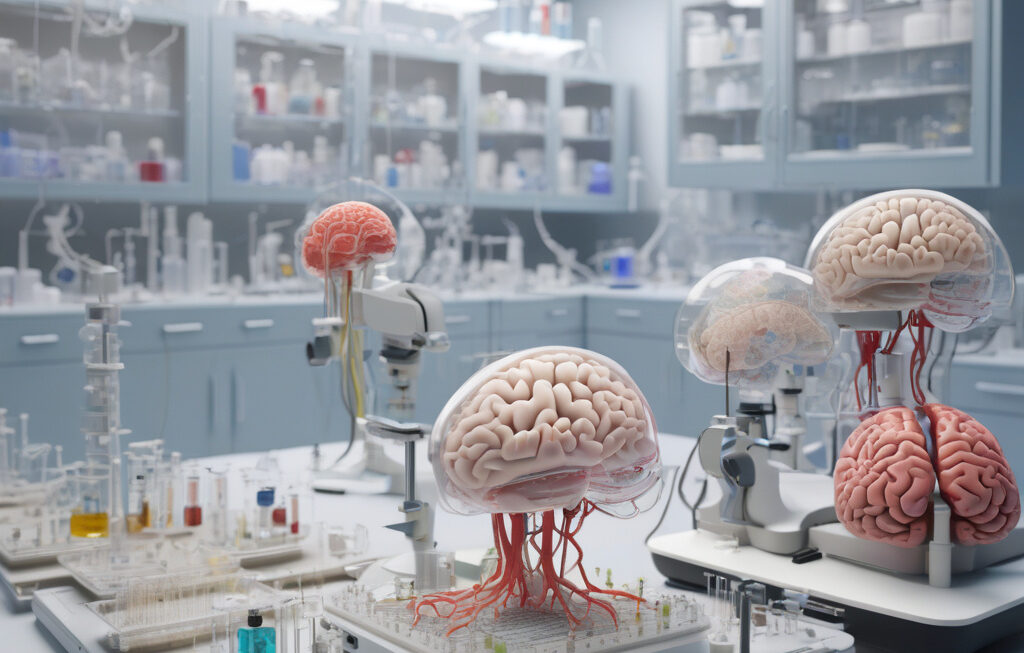2.5 Miles of Neurons: World’s Most Complex Brain Map Connects Structure to Thought
What began with a sliver of brain tissue no larger than a grain of sand has now culminated in a groundbreaking achievement in neuroscience. Scientists have successfully mapped 2.5 miles of neurons in the human brain, creating the most intricate and detailed brain map to date. This monumental feat not only sheds light on the complex architecture of the brain but also provides unprecedented insights into how its structure is intricately linked to human thoughts and behaviors.
The human brain is often described as the most complex organ in the body, with billions of neurons forming intricate networks that govern every aspect of our cognition and consciousness. Understanding how these neurons are connected and how they communicate with each other is crucial to unraveling the mysteries of the mind.
By mapping 2.5 miles of neurons, scientists have been able to trace the intricate pathways that neurons take to transmit information throughout the brain. This detailed map not only reveals the structural complexity of the brain but also highlights the remarkable efficiency of its communication system. Neurons form elaborate networks that allow for rapid and precise signaling, enabling us to think, feel, and act in response to our environment.
One of the most fascinating aspects of this brain map is its ability to connect structure to thought. By correlating the physical pathways of neurons with specific cognitive functions, researchers have been able to uncover new insights into how the brain processes information. For example, they have identified neural circuits that are involved in decision-making, memory formation, and even emotions, providing a more nuanced understanding of how these processes are orchestrated in the brain.
Moreover, this comprehensive brain map has significant implications for neuroscience and medicine. By elucidating the intricate connections within the brain, researchers can gain a deeper understanding of neurological disorders and brain injuries. This knowledge can pave the way for new treatments and therapies that target specific neural pathways, offering hope to those suffering from conditions such as Alzheimer’s disease, Parkinson’s disease, and traumatic brain injuries.
The creation of the world’s most complex brain map represents a monumental achievement in neuroscience, pushing the boundaries of our understanding of the human brain. As technology continues to advance, we can expect even more detailed and comprehensive maps that will further unravel the mysteries of the mind. Ultimately, this research not only deepens our appreciation for the complexity of the brain but also holds the promise of transforming the future of brain research and healthcare.
In conclusion, the mapping of 2.5 miles of neurons in the human brain represents a remarkable milestone in neuroscience, connecting the intricate structure of the brain to the complexities of human thought. This groundbreaking achievement not only provides unprecedented insights into the inner workings of the mind but also offers new possibilities for treating neurological disorders and brain injuries. As we continue to unlock the mysteries of the brain, the potential for further discoveries and advancements in neuroscience is limitless.
neuroscience, brain mapping, neurons, cognitive functions, neurological disorders












